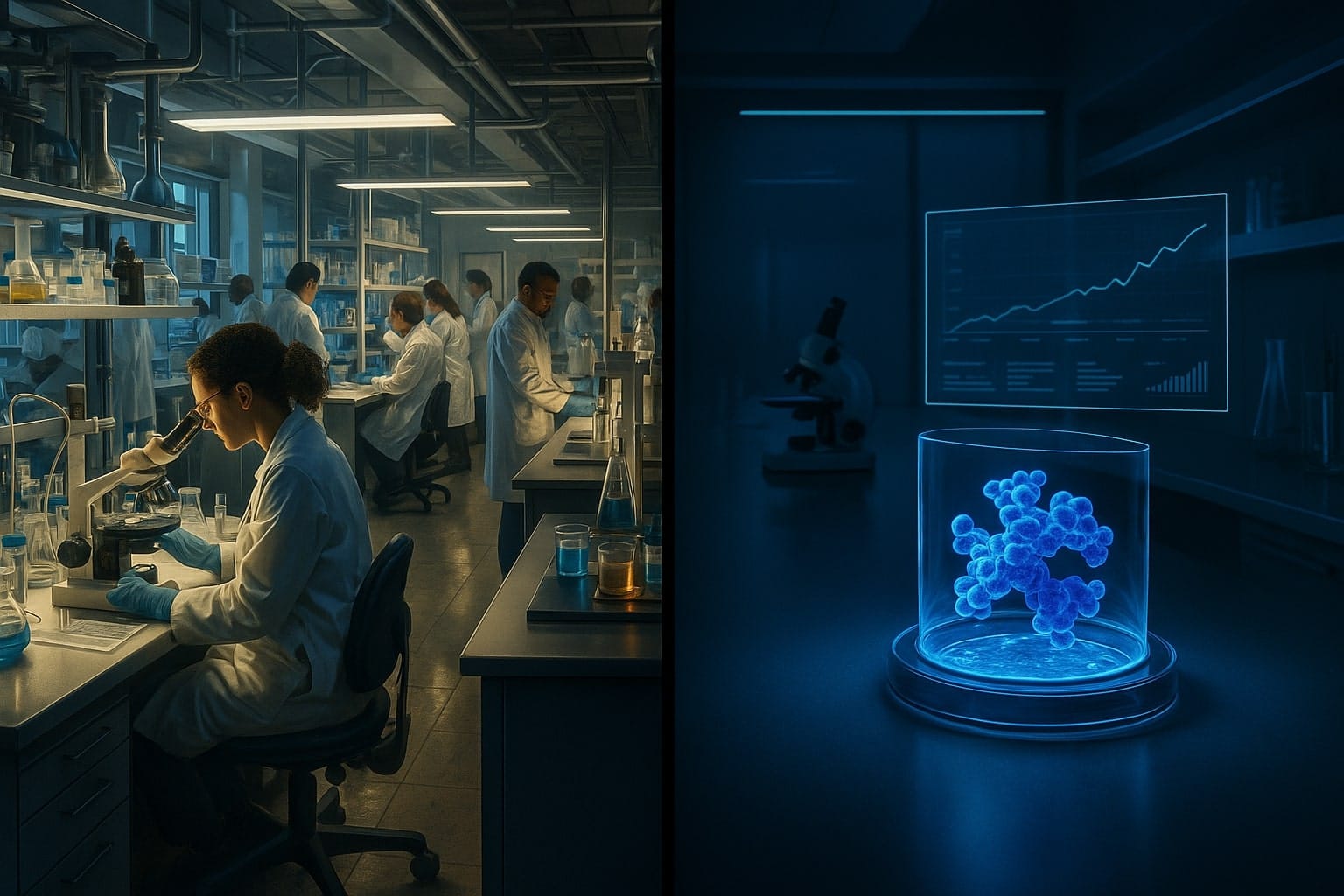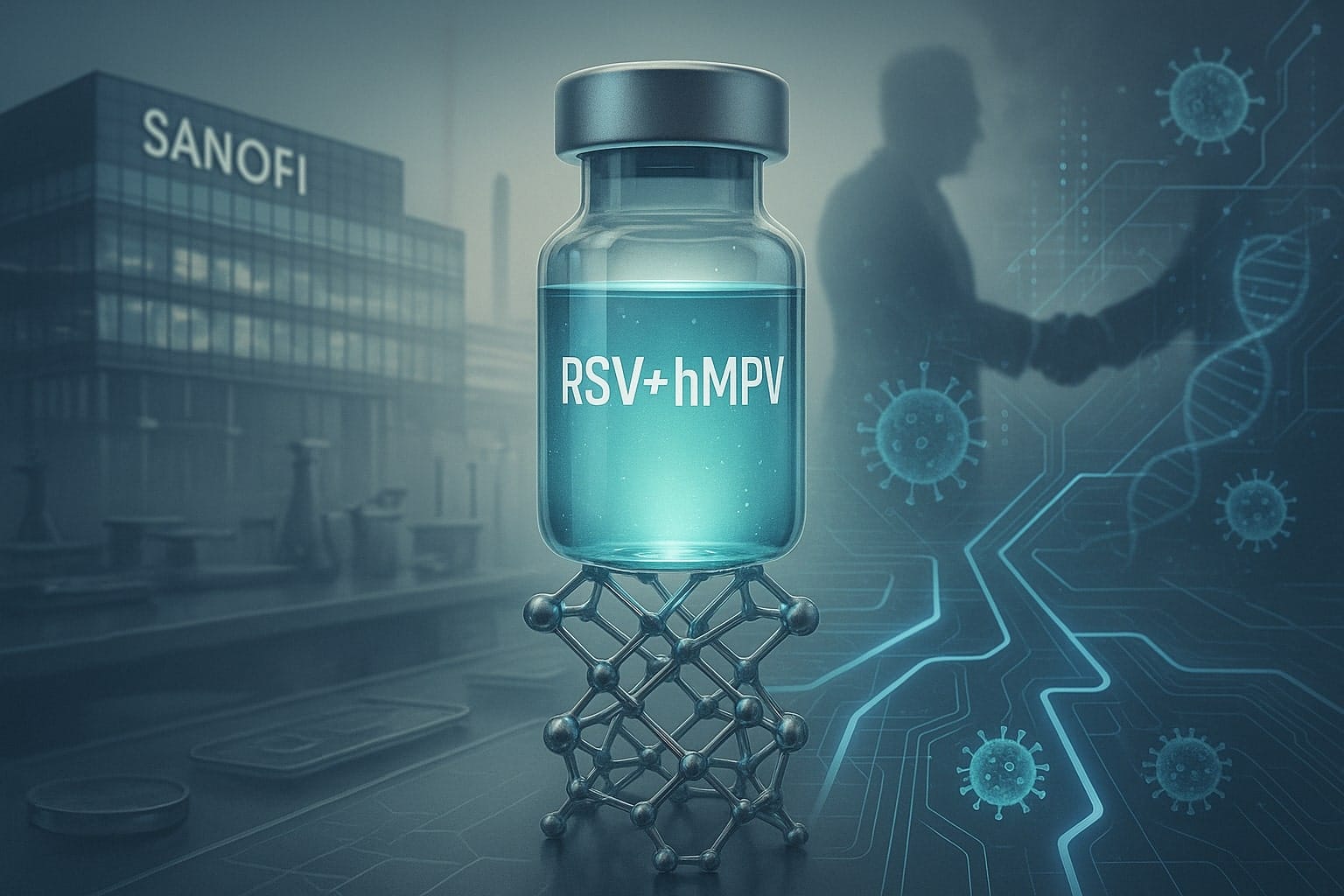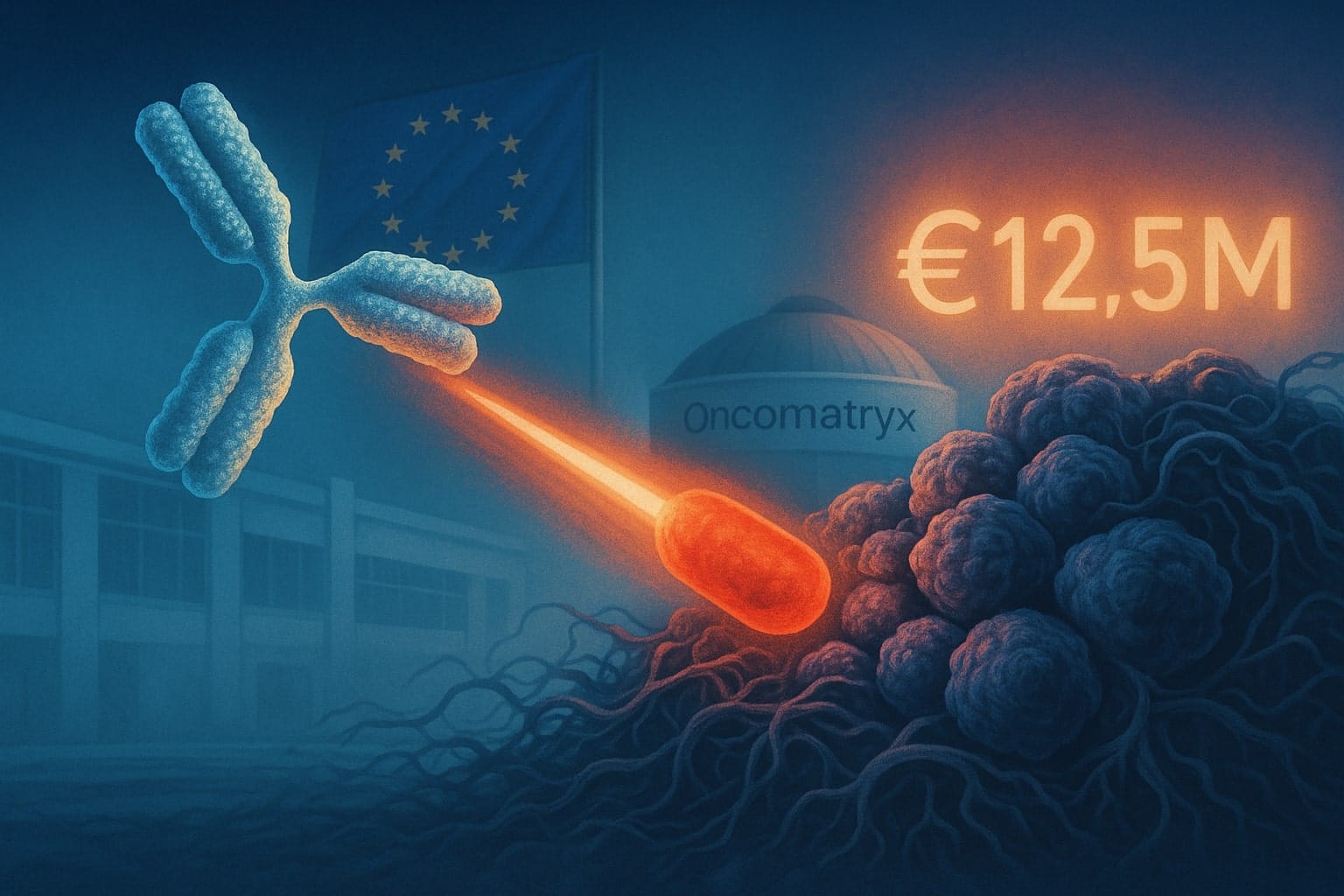CatalYm, a German biotech company specializing in cancer immunotherapy, has recently secured $150 million in a Series D funding round. This significant financial boost follows promising early-stage clinical data for its lead monoclonal antibody candidate, visugromab. The funds will be instrumental in expanding phase 2b trials, particularly targeting checkpoint-naive and second-line treatment settings for various solid tumors.
Table of Contents
ToggleBackground of CatalYm
CatalYm was founded in 2016 as a spin-off from the Julius-Maximilians-University of Würzburg. The company focuses on developing innovative therapies to transform cancer treatment by harnessing the body’s immune system. Since its inception, CatalYm has successfully raised substantial funding across multiple rounds, including €50 million ($54.5 million) in a Series B round in 2020 and another €50 million in a Series C round in 2022. These rounds primarily attracted European investors, but the latest Series D round has seen significant participation from U.S. investors, marking a crucial milestone in the company’s growth and international reach.
The Funding Round
The recent Series D funding round, which raised $150 million, was led by new investors Canaan Partners and Bioqube Ventures, along with continued support from existing investors such as Novartis Venture Fund and Vesalius. This infusion of capital will be directed towards advancing the clinical development of visugromab, CatalYm’s flagship monoclonal antibody. Visugromab is designed to neutralize Growth Differentiation Factor 15 (GDF-15), a protein that tumors exploit to suppress the immune system. By inhibiting GDF-15, visugromab aims to enhance the immune system’s ability to target and destroy cancer cells effectively.
The funding will support the expansion of phase 2b clinical trials, focusing on patients with advanced solid tumors that are resistant to current immunotherapies. These trials are critical for demonstrating visugromab’s potential in inducing deeper and more durable responses in cancer treatment, positioning it as a transformative therapy in the oncology landscape.

Visugromab and Its Mechanism
Visugromab, CatalYm’s lead monoclonal antibody, targets Growth Differentiation Factor 15 (GDF-15), a protein that tumors exploit to create an immunosuppressive environment. This protein is typically involved in feto-maternal tolerance, preventing the mother’s immune system from attacking the fetus. Tumors hijack this mechanism to evade immune detection and resist treatments, particularly immunotherapies like checkpoint inhibitors.
By neutralizing GDF-15, visugromab aims to restore the immune system’s ability to recognize and attack cancer cells. The antibody enhances the infiltration of immune cells into the tumor, improves the priming of T cells by dendritic cells, and boosts the tumor-killing activity of T cells and natural killer (NK) cells. This approach has shown promising results in clinical trials, where visugromab, especially when combined with nivolumab (an anti-PD-1 therapy), has led to significant tumor regression and durable responses in patients with advanced cancers.
Clinical Trial Results
In the GDFATHER-1 trial, visugromab combined with nivolumab demonstrated a favorable safety profile and significant anti-tumor activity in heavily pretreated patients with advanced solid tumors. Key results include:
- Non-Small Cell Lung Cancer (NSCLC): An Objective Response Rate (ORR) of 19%, with 2 partial responses (PR) and 2 complete responses (CR).
- Urothelial Cancer (UC): An ORR of 19.2%, with 4 PRs and 1 CR.
- Hepatocellular Cancer (HCC): An ORR of 20%, with 3 PRs and 1 CR.
The duration of response (DoR) was notable, with NSCLC and UC responses averaging over 15 and 14 months, respectively, and many responses still ongoing at the data cutoff. The combination therapy was well-tolerated, with most adverse events being mild to moderate. These results highlight visugromab’s potential to overcome resistance to current therapies and induce long-lasting tumor control.
Future Plans
With the $150 million Series D funding, CatalYm plans to expand its clinical development of visugromab, focusing on phase 2b trials targeting both checkpoint-naive and second-line treatment settings. These trials aim to further validate the efficacy of visugromab in combination with standard-of-care therapies across multiple solid tumor indications. The ongoing GDFATHER-2 study will explore potential biomarkers to identify patients most likely to benefit from the treatment, potentially broadening its application and improving patient outcomes in various cancer types.
This new phase of development is crucial for establishing visugromab as a transformative therapy in oncology, offering hope for patients who have exhausted other treatment options.
Broader Impact on Cancer Treatment
CatalYm’s visugromab has the potential to significantly impact cancer immunotherapy by addressing one of the key challenges: immunotherapy resistance. By targeting Growth Differentiation Factor 15 (GDF-15), a protein that tumors use to create an immunosuppressive environment, visugromab helps to restore the immune system’s ability to attack cancer cells. This approach is particularly promising for patients who have relapsed or are refractory to existing treatments, including anti-PD-1/PD-L1 therapies.
The combination of visugromab with nivolumab has demonstrated durable and significant anti-tumor responses in heavily pretreated patients with various solid tumors, such as non-small cell lung cancer (NSCLC), urothelial cancer, and hepatocellular carcinoma (HCC). The ongoing Phase 2a GDFATHER-2 trial has shown promising results, with objective response rates (ORR) and durations of response (DoR) that surpass those typically seen in patients treated with current standard therapies alone.
Conclusion
CatalYm’s recent $150 million Series D funding marks a significant milestone in the advancement of cancer treatment. The funds will be used to expand the clinical development of visugromab, targeting both checkpoint-naive and second-line treatment settings. The ongoing trials continue to demonstrate visugromab’s potential to overcome immunotherapy resistance, offering new hope for patients with advanced solid tumors.
With this funding, CatalYm plans to launch randomized, controlled studies in several major cancer indications in the first half of 2024, further establishing visugromab as a transformative therapy in oncology. This progress underscores the importance of targeting the tumor microenvironment and its immunosuppressive mechanisms, paving the way for more effective and durable cancer treatments.












